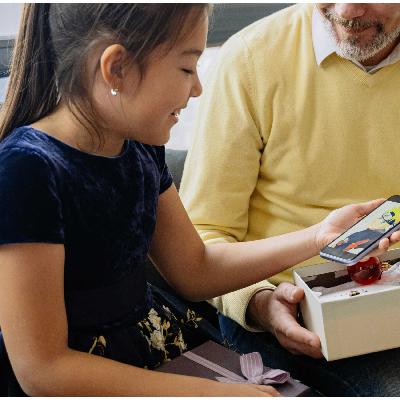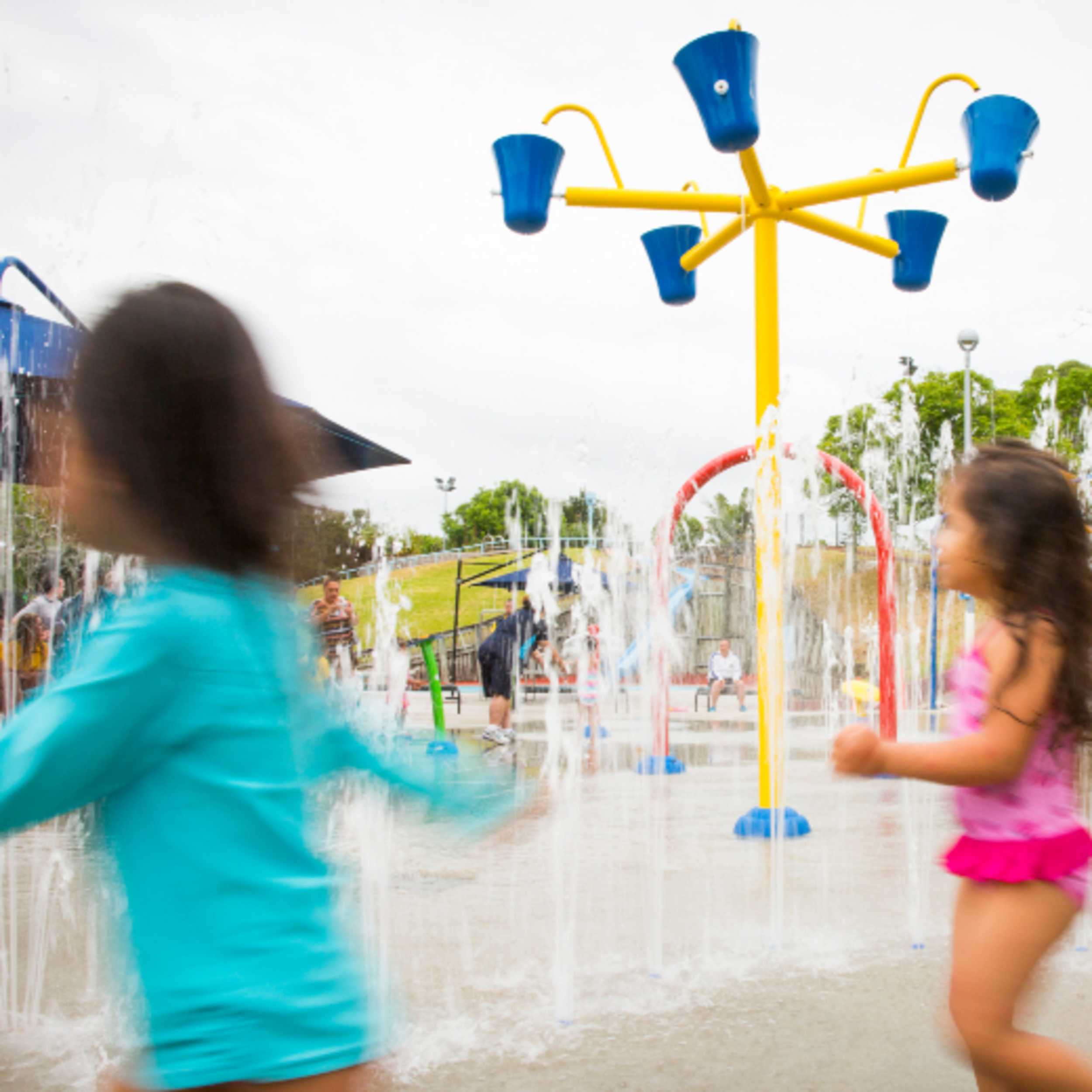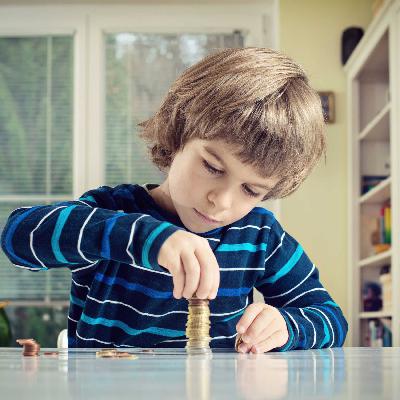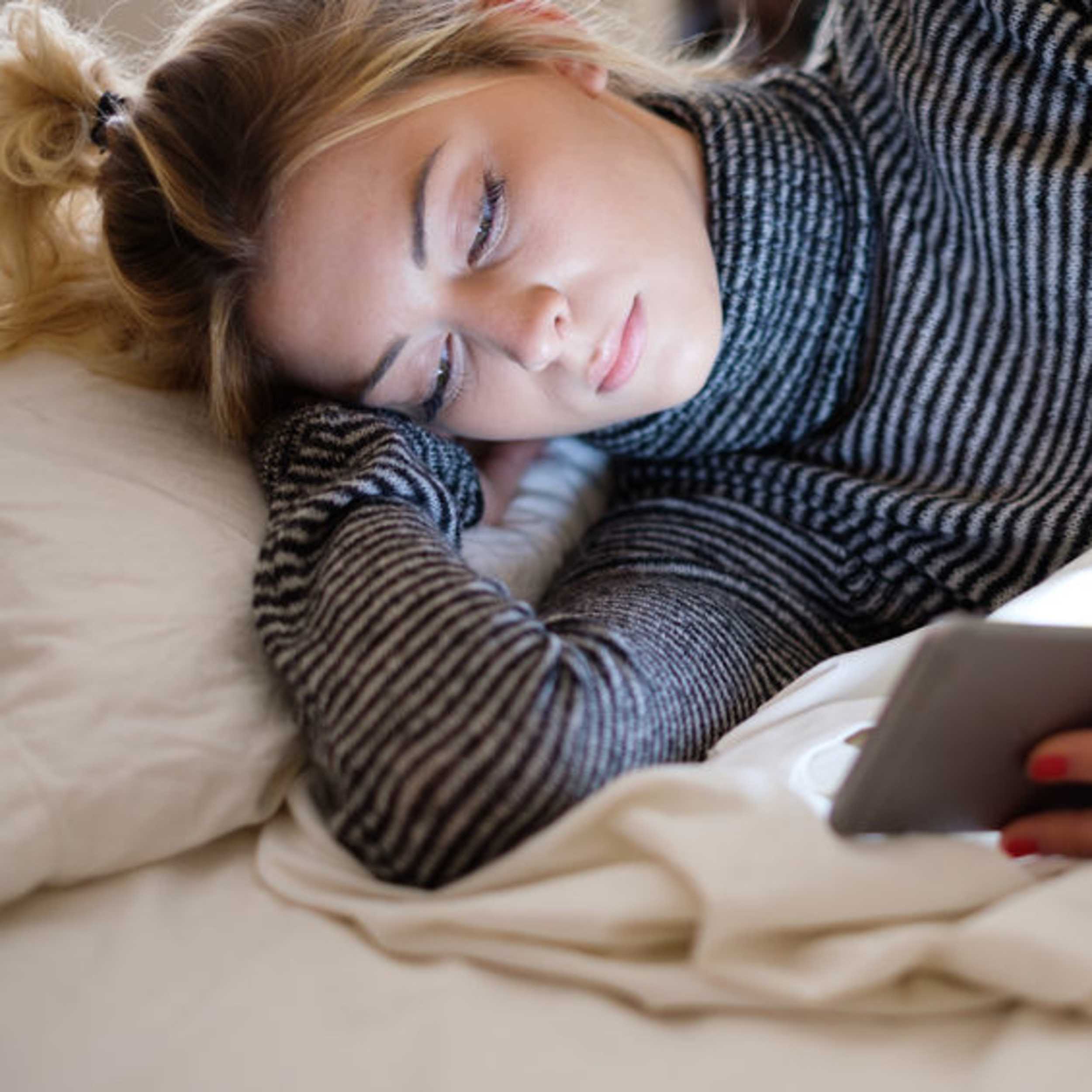Discover It Takes A Village
It Takes A Village

358 Episodes
Reverse
Wwhen puberty hits and suddenly you don't recognise your own child. Clinical Psychologist Kathryn Berkett on brain development in adolescence.Go to this episode on rnz.co.nz for more details
As we barrel toward Christmas, you might be about to make the most of this month's crazy sales days. Perhaps a phone or a gaming device for a young family member makes your shopping list. But before you look to leave one wrapped under the tree - my parenting expert is along with some things to consider before handing out the technical toys. Anna McKessar is an online course producer with Parenting Place and joins me with some tips about alternatives to smartphones for younger kids, key steps for parents embarking on a device journey with their kids and how to set good boundaries and online expectations with older children.Go to this episode on rnz.co.nz for more details
Some studies have shown not only is swimming great exercise and an essential safety and lifesaving skill, swimming can also positively impact a child cognitively, emotionally, and socially.Go to this episode on rnz.co.nz for more details
How to coach children on understanding and making good friendships.Go to this episode on rnz.co.nz for more details
Love it or loathe it - it's that time of year when kids roam loose around neighbourhoods looking for fun and sweets. Go to this episode on rnz.co.nz for more details
New research has shown children are far more likely to participate in play and sport when a parent is doing it themselves. Research from Sport NZ finds more than half of young people say spending time with family and friends is their top reason for being active - and those kids who like being active with whanau are more likely to meet recommended guidelines for physical activity. Scott MacKenzie is the play manager at Sport New Zealand talks with Kathryn about raising active kids. Go to this episode on rnz.co.nz for more details
Speech and Language Therapist Christian Wright talks to Kathryn about what typical language development in pre-schoolers looks like, when parents should be concerned, and what they can do to help.Go to this episode on rnz.co.nz for more details
Financial education will be embedded in the school curriculum for years 1 to 10 from next year. For younger children it'll be the basics like want vs need, and what is a bank account. More senior students will learn about budgeting, investment, interest, taxes, and insurance to help to build lifelong financial skills. Neil Edmond is the founder of MoneyTime, an online financial literacy program for children ages 10 to 14 which has just been awarded 'Best Primary Product' at the Global EdTech Awards. He's on an advisory group working with the Retirement Commission to support the implementation of financial education in the new social sciences curriculum. He says parents need to start the work at home, and the earlier the better.Go to this episode on rnz.co.nz for more details
How many teenagers know what they want to do when they leave school? Jane Kennelly, the Director of People for Skills Group, says in this era of fast-moving technological change it's hard for anyone to know exactly where the job market's going to go - let alone kids. Go to this episode on rnz.co.nz for more details
Clinical psychologist Polly Schaverien talks with Kathryn about helping teenagers with anxiety and unhealthy perfectionism.
She says adolescence is a time of exponential growth and development, and the "job" of the teen is to establish their identity, develop socially and learn emotional regulation.
She says parents play a big role - and the first thing they need to do is check their own perfectionism.
In other words, are you getting joy out of your children's achievements?
Or are you deriving your own self-esteem from seeing your children achieve?Go to this episode on rnz.co.nz for more details
How to help children to be more assertive and self confident, without being demanding and aggressive.
Clinical psychologist and mum of 3, Jacqui Maguire says assertiveness is a life skill, not a personality trait.
She says children can learn it with practice, encouragement, and role models.
But often parents don't really have a handle on this skill either and assertiveness takes practice for everyone. Go to this episode on rnz.co.nz for more details
Cooking and baking with children is a great idea - even if its makes a helluva mess, according to early childhood education research specialist Dr Vicki Hargraves.
She's an early childhood teacher and mother, and ECE research specialist at The Education Hub, an organization that supports teachers with knowledge about best practice.
She says spending time in the kitchen with your children is a great way to support their learning - from shapes, colours, comprehension, sequencing and creativity.
And if you do a good job, you'll end up with kids who can share the cooking load in the household.Go to this episode on rnz.co.nz for more details
What are the pros and cons of handing out awards to children?
From player of the day in sport, to winner of the spelling bee, to Dux of the school.
Dr Elise Waghorn is a Lecturer at R-M-I-T University's School of Education in Melbourne.
She says while awards can reward effort, they can also be unhelpful and lead to a fixed mind set in children.Go to this episode on rnz.co.nz for more details
Babies born during Covid-19 lockdowns developed and moved through early milestones under challenging and unique circumstances. Whānau Āwhina Plunket Chief Nurse Zoe Tipa talks about what families can do to help their 4 and 5 year olds as they start or prepare to start school.Go to this episode on rnz.co.nz for more details
In parenting today, how to raise resilient children who don't wilt at the first hurdle they face. Go to this episode on rnz.co.nz for more details
Neuroscience educator and parenting coach Nathan Wallis discusses finding the balance with boundaries for children and teens while maintaining an open trusting relationship. He says boundaries give children an edge to their world, and teach them what's acceptable. Go to this episode on rnz.co.nz for more details
Sadness, nerves, jealousy, anger and frustration - just like adults, children feel these emotions, but sometimes don't have the words or skills to deal with them. Gen Muir is a social worker, parent educator, author, founder of Connected Parenting and mum of four boys. Go to this episode on rnz.co.nz for more details
Parenting can be a challenge at the best of times - but what about when mum or dad are experiencing low mood ? - Clinical Psychologist Ben Sedley with strategies to help
Go to this episode on rnz.co.nz for more details
Owning a smartphone before age 13 is associated with poorer mind health and wellbeing in early adulthood, according to a global study of more than 100,000 young people.
The study was published earlier this week in the peer-reviewed Journal of Human Development and Capabilities, and found that 18- to 24-year-olds who had received their first smartphone at age 12 or younger were more likely to report suicidal thoughts, aggression, detachment from reality, poorer emotional regulation, and low self-worth.
OECD data in 2018 showed that New Zealand youth used digital devices 42 hours per week on average, compared to 35 hours globally, and studies have shown that children's screen use has increased since then.
So how can parents and caregivers manage screen time?
Kathryn speaks with Jackie Riach, psychologist and country lead for Triple P New Zealand which provides parenting programmes nationwide.Go to this episode on rnz.co.nz for more details
At 37, many people are still getting to grips with being a parent. Matty Acton was learning how to be a grandparent.
He and his wife Esther have two kids, aged 8 and 11, and he's also stepdad to Esther's 23 year old son Ethan - who became a dad himself last year.
Esther and Matty, who's also a breakfast radio host on Brisbane's B105 radio station, have been documenting their journey on their podcast called Underaged Grandparents.
In it they explore the unexpected challenges of becoming grandies while still navigating parenting, marriage and life in general.
Matty also has well over 200-thousand followers on Facebook and Instagram, where he posts skits about daily life - like 'how to trick your kids into a confession', 'when mum has had enough', how house rules change when you have guests' and 'things parents of boys say...parts one and two.'Go to this episode on rnz.co.nz for more details









Why are we forcing children to eat the foods they hate? Why don’t we want to learn to see it as a natural feedback?
Hi Kathryn, team and village. I'm surprised to find no comments in here. Love this podcast, really good content. Look forward to more.